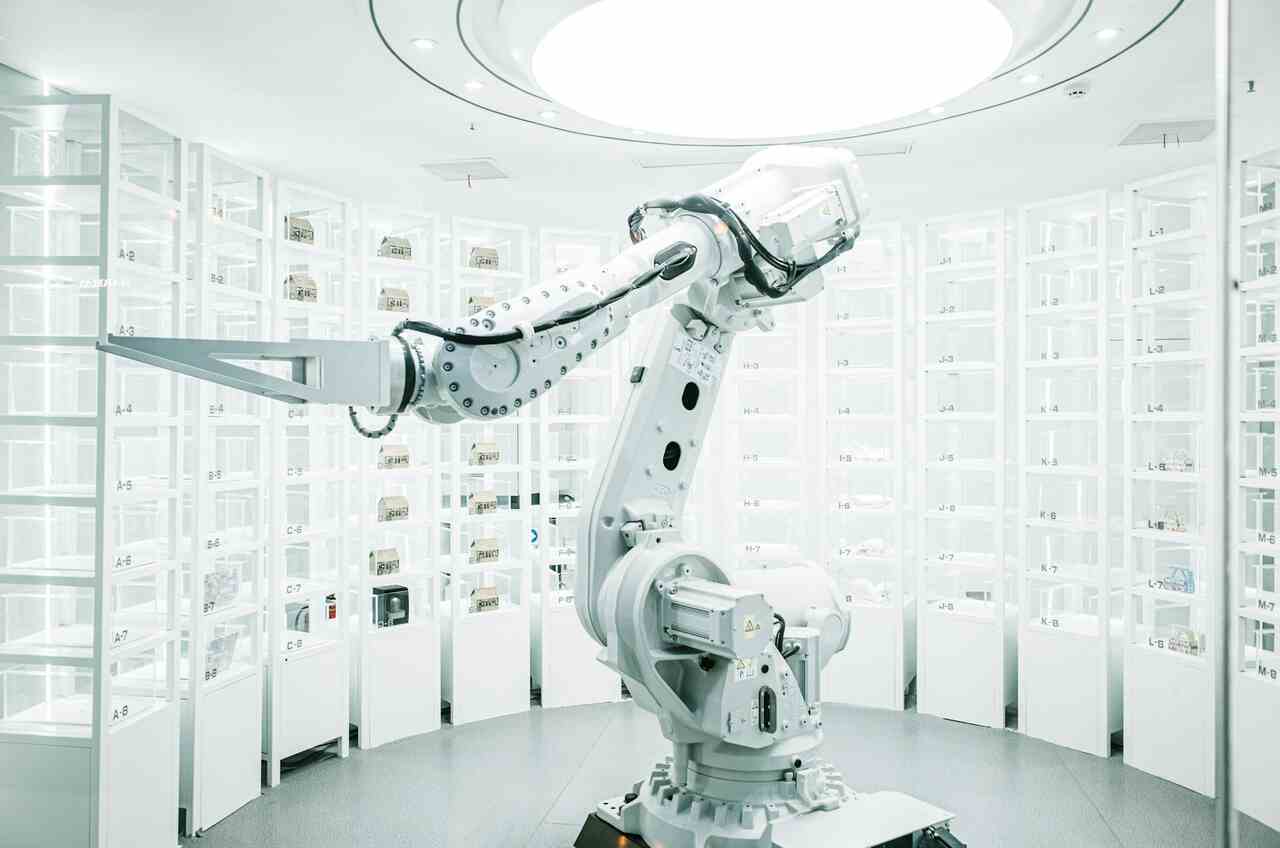
For a decade, scientists struggled to solve a complex health problem involving superbugs – a problem that was solved by AI in just two days.
According to a report by BBC on Tuesday (25), Google’s Co-scientist AI was used as a tool by researchers from Imperial College London, who had spent 10 years trying to understand how certain germs became resistant to multiple antibiotics.
They had solved the problem after years of research, but before publishing their study, they decided to test the AI tool to see what it would conclude.
Approximately 48 hours after presenting the issue to the AI, the chatbot reached the same conclusion as the experts, which left the team astonished.
José R. Penadés, a professor at Imperial College London and leader of the research team, even sent an email to Google asking if they had access to the study’s results in advance, which was denied by the tech giant.
In addition to providing the same answer as the scientists, Co-scientist also formulated four additional hypotheses explaining how superbugs are formed and spread.
While concerns about AI replacing human jobs are growing, the scientists see the tool as a major breakthrough for future research. “I feel like this is going to change science, for sure,” said Penadés in an interview.
“I’m facing something spectacular, and I’m really happy to be a part of this. It’s like having the opportunity to play a great match. I feel like I’m finally playing a Champions League match with this thing,” he joked afterward.
Photo and video: Unsplash. This content was created with the help of AI and reviewed by the editorial team.

